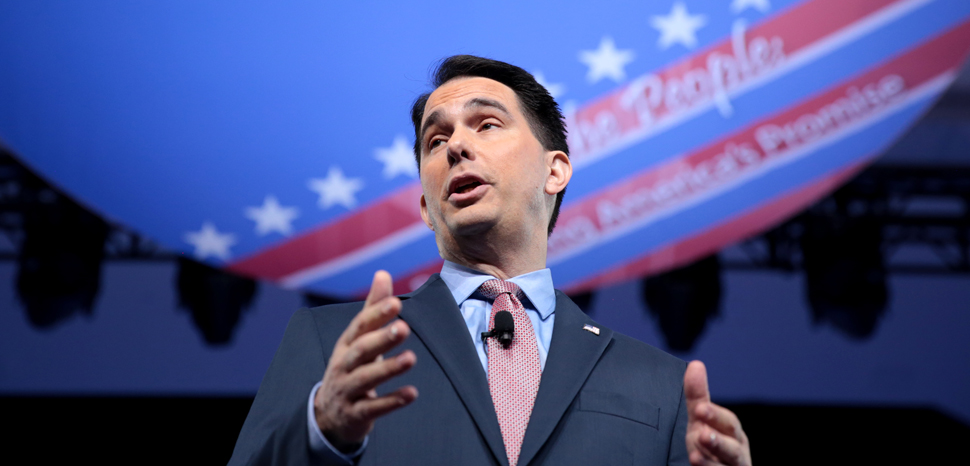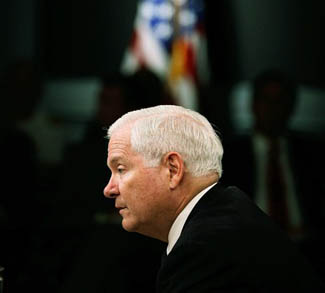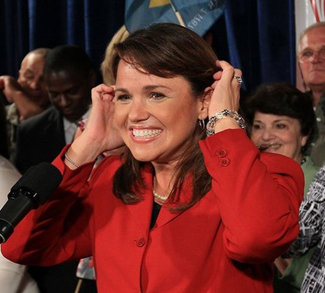The year is 2011; flash mobs are still a thing, Obamacare is the talk of Fox News, Selena Gomez and Justin Bieber’s fledgling relationship is all over TMZ, and Scott Walker is a rising star in the Republican Party. A very outspoken conservative in a reliably blue state, Walker’s ability to preserve strong traditional principles while successfully implementing his policies with a persistent Democratic presence in the legislature have landed him a politicians most prized attribute: presidential speculation.
Just kidding; its 2018, Trump mania has seized the GOP, flash mobs are definitely not a thing anymore, and things aren’t looking too good for Scott Walker.
This union-busting, self-styled Reaganite savant known for dabbling in the politics of trade is a blue-collar man’s Republican, and he’s had his fair share of tough races, there’s no denying that.
But the contest he faces in November against his Democratic opponent is expected to be his hardest battle yet, and one not everyone is convinced he’ll win.
The Scott Walker we find in 2011, much like the Republican Party, is very different from the one we have now. Before the burdens of governance fell upon his shoulders, before the recall, before all of the presidential rumors and 2016’s disappointing results, we find who he really is at his core, without the strategically altered oaths of loyalty and the RNC issued talking points: an armchair philosopher caught in a never-ending quest to get a seat at the big boys’ table.
Scott Walker’s greatest liability isn’t his controversial education or labor policies, it isn’t the (R) pasted next to his name on the ballet; it’s his inability to connect with the new trend in Republican politics, the trend of impulsive and ideologically scattered Trump-inspired populism.
But it’s not just Walker who is struggling to find a place in this new party. Tea Party leaders from the 2010 wave are all desperately trying to become salesmen for a product they never bought. Sen. Ted Cruz is currently having an embarrassingly tough time in his re-election efforts back in Texas; Marco Rubio’s attempts to stay relevant seem to go unnoticed by the Trump White House and Republican base alike; Rand Paul keeps walking a fine line between appeasement and defiance of the president; and House Speaker Paul Ryan is retiring from leading his unruly caucus as the enemy of practically every faction in Congress, his political capital spent on a tax reform bill too radical for his opponents and too milquetoast for his constituents.
But Walker was different. There was no pressing question of his place in Washington after the 2016 race, because he wasn’t a part of it in the first place. He escaped the baptism of fire that had scathed his colleagues by returning home to Wisconsin, content to boast that he, at least in theory, helped the president win a pivotal swing state.
There’s no way around it: The Tea Party generation of leaders have all faced the consequences of being the odd-one-out in this new era of conservatism, and now it’s time for Scott Walker to finally face the music.
The music, in this case, is Tony Evers, a 67-year-old former public school teacher who acts the part in his persona and mannerisms. Needless to say, implying that he’s an exciting candidate is a bit of a stretch, but he’s bringing something new to the table, something that he’s counting on taking him to the top job in Madison: education. Maybe obvious to the observant politico, however, that makes it no less attention-catching. Education is simply not that important of an issue in most states despite its self-evident and far-reaching consequences. But that hasn’t swayed Evers’ passionate dedication to the issue.
“I am running for governor because I am goddamn sick and tired of Scott Walker gutting our public schools, insulting our hard-working educators, and destroying higher education in Wisconsin,” the old public servant declared to a crowd of well-wishers and supporters during his announcement speech. So far, it seems many in Wisconsin are buying into his message. A recent Marist/NBC survey shows Evers leading Walker by 13%, and Emerson College has him ahead by 7%. The RCP polling average even has him with 3.5% lead over the governor.
The brilliance of Evers strategy lies in the neglected nature of its featured issue. Everyone knows about Walker’s rivalry with the unions in his state, but his ongoing struggle with public teachers barely hits the frontpage. It just doesn’t play as well to Republican voters as attacking union bosses, because despite strong political partisanship, it’s still hard to vilify an underpaid and hard-working teacher.
Thanks to an obscure provision enacted in 2011 with Walker’s strong support known as Act 10, teacher wages have dropped by 2.6% and healthcare prices have risen considerably over the past few years. Because of this, Wisconsin has been facing an exodus of educators leaving the field because of unfavorable working conditions. All of this hasn’t gone unnoticed. In 2011, one of the largest and most sustained protests in the state’s entire history took place, with 100,000 people rallying against the policy.
Universities have also felt the brunt of public spending cuts. Proposals are currently being considered that would cut as many as 13 major programs from the University of Wisconsin’s curriculum, not to mention Walker’s 100-million proposed funding reduction to the university. And considering that a recent June Marquette University poll showed 3 out of 5 state residents would rather pay more taxes than cut school budgets, it’s not hard to see that these policies are unpopular.
But Walker is a survivor, and a smart one at that. He beat Tom Barrett in 2010 by well over 5%, and survived his 2012 recall election and 2014 re-election by considerable margins. While never able to crack the Democratic strongholds in Milwaukee and Madison, his ability to excite traditionally Republican districts and drive turnout has saved his career a few times.
Whether or not Walker’s bid for a third term is destined to fail, he clearly represents a group of Republicans who once prided themselves on being the ideological soul of the party. Perhaps they still are in a way, but ideology alone never won an election.
The opinions, beliefs, and viewpoints expressed by the authors are theirs alone and don’t reflect the official position of Geopoliticalmonitor.com or any other institution.




